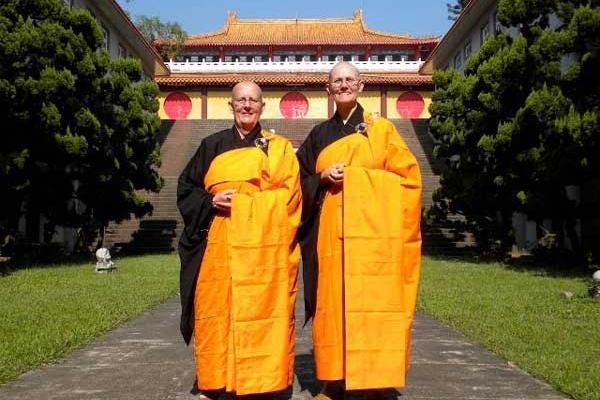NEWPORT, Wash.—There aren't a lot of Buddhists in America -- around 3 million or so, according to the Pluralism Project at Harvard University. There isn't exactly an abundance of monasteries here either, let alone Buddhist clergy.
Yet just outside of this town of about 21,000 people, Sravasti Abbey sits as one of the only monastic communities in the West for Americans wishing to study the Buddha's teachings. What's even more unique is that the abbey now has five U.S.-born, fully ordained nuns, called bhikshunis.
With the five ordained nuns in place, official sanghakarmas (Sangha ceremonies) can be held at the abbey, including the twice-monthly private Posadha (ceremony of confession and restoration of precepts). To have the special rites, the abbey needed four bhikshunis. By this summer, the abbey expects to have six.
Read the Full Article

